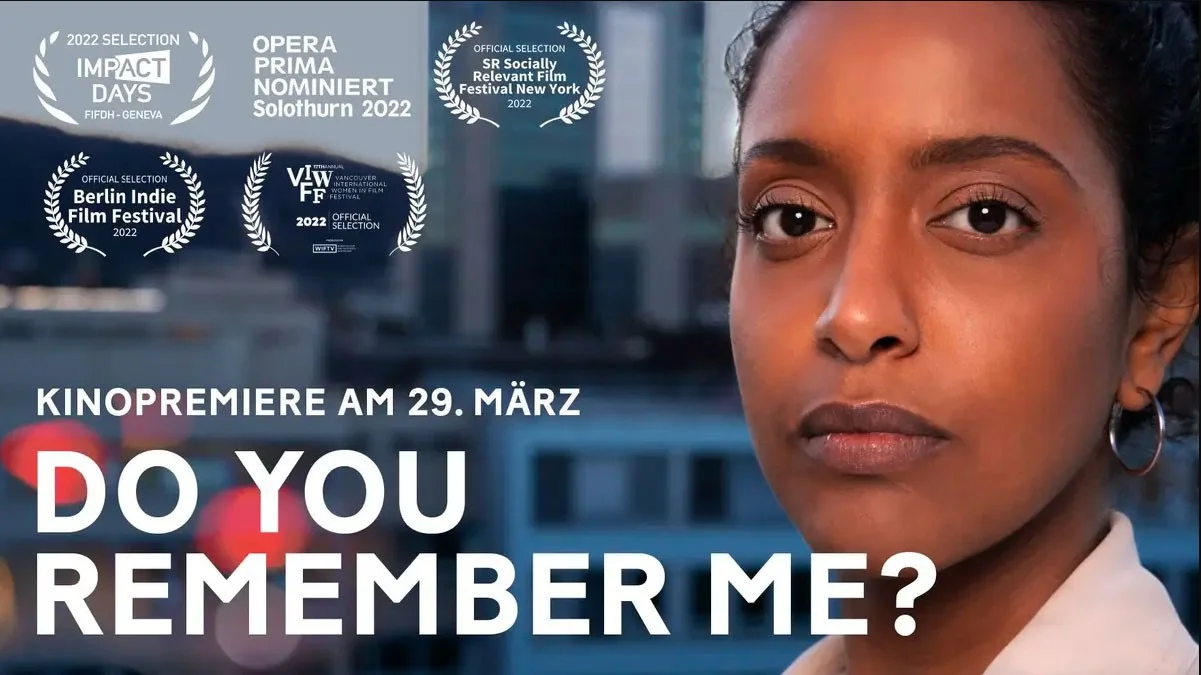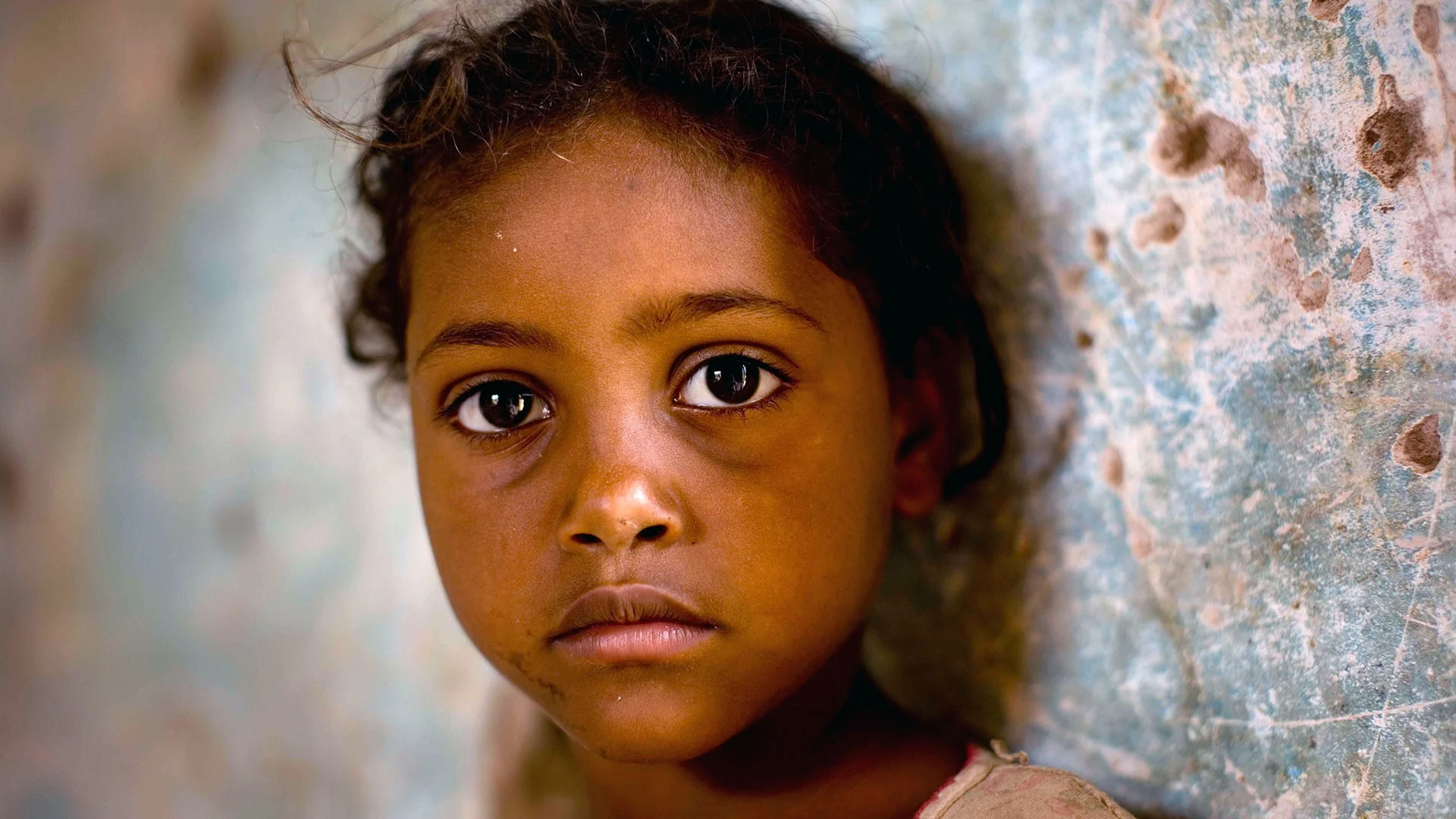An estimated 200 million girls and women worldwide have been subjected to female genital mutilation (FGM). This painful and dangerous practice is now illegal in most countries, but social norms and traditions run deep. There has been a notable change in awareness over the last few years, however; this needs to be harnessed and supported.
The situation
FGM comprises all procedures that involve partial or total removal of the external female genitalia, or other injury (such as pricking, scraping or incising) to the female genital organs. They are carried out with knives, razor blades, shards and other sharp objects that are often unclean, and often without anesthetic. Inadequate hygiene and improper technique mean that girls frequently bleed to death or die of infection. Others suffer the consequences of FGM for the rest of their lives. Unbearable pain during sexual intercourse and menstruation, infertility and complications during childbirth are common, not to mention the psychological harm.
The vast majority of affected girls and women live in western and north-eastern Africa, where in some areas over 90 percent of the female population is subjected to FGM. In Sudan, for example, 86 percent of girls and women between the ages of 15 and 49 have been subjected to FGM. But the practice is also widespread in the Middle East, and migratory flows carry it to nearly every part of the world, including Switzerland.
FGM is a violation of human rights and is now illegal in most countries. Unfortunately, social norms and centuries-old traditions are often stronger than the fear of legal punishment. There has been a notable change in awareness over the last few years, however, which is also reflected in a reduction in the incidence of FGM.
How UNICEF helps
UNICEF is currently working to combat FGM in over twenty countries. Its most important goal is to change perceptions: surveys show that although many mothers reject FGM, they still have it performed on their daughters to avoid endangering their family’s social status. The more girls are saved from FGM, however, the more families will follow suit.
UNICEF supports governments in drafting legislation and plans coordinated campaigns to get communities to speak out publicly against FGM. Parents, teachers, healthcare workers, village elders and clergy are targeted for information, awareness and involvement.
Do You Remember Me?
The documentary film Do You Remember Me? by Désirée Pomper, Helena Müller and Murat Temel shines a spotlight on the sensitive topic of FGM and serves an important educational function. The film can be seen in cinemas in Zurich, Lucerne, Basel and St. Gallen from March 31, 2022.

